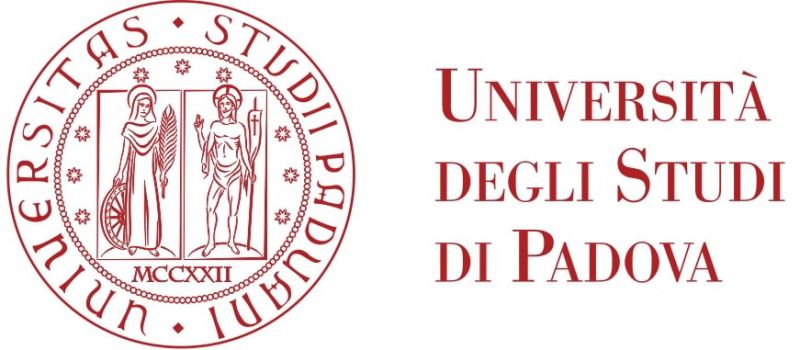

14 June 2010, h.10:30 - Aula 201 DEI/A
Dawn Tilbury Mechanical Engineering Department,
|
Abstract:
Information has always been the key to success for feedback control. Sensor data reflects the current state of a system, and a control action is based on the difference between the actual and desired state. Improved sensor technology has resulted in significant improvements in control of individual processes. However, as information technology becomes pervasive, sensor data can be used much more broadly than at the place and time it was collected. Networks carry data around the factory, and databases store history. This factory-wide historical data enables new types of control strategies to be developed. This talk will give an overview of some of the challenges and opportunities in control of large-scale manufacturing systems, with a focus on how the information is collected, analyzed, and used for control. Examples will be drawn from the semiconductor and automotive manufacturing industries.
______________________________
Prof. Dawn M. Tilbury received the B.S. degree in Electrical Engineering, summa cum laude, from the University of Minnesota in 1989, and the M.S. and Ph.D. degrees in Electrical Engineering and Computer Sciences from the University of California, Berkeley, in 1992 and 1994, respectively. In 1995, she joined the Mechanical Engineering Department at the University of Michigan, Ann Arbor, where she is currently Professor and Associate Chair, with a joint appointment as Professor of EECS. She won the EDUCOM Medal (jointly with Professor William Messner of Carnegie Mellon University) in 1997 for her work on the web-based Control Tutorials for Matlab. An expanded version, Control Tutorials for Matlab and Simulink, was published by Addison-Wesley in 1999. She is co-author (with Joseph Hellerstein, Yixin Diao, and Sujay Parekh) of the textbook Feedback Control of Computing Systems. She received an NSF CAREER award in 1999, and is the 2001 recipient of the Donald P. Eckman Award of the American Automatic Control Council. She was a member of the 2004-2005 class of the Defense Science Study Group (DSSG) and is a current member of DARPA's Information Science and Technology Study Group (ISAT). Her research interests include distributed control of mechanical systems with network communication, logic control of manufacturing systems, cooperative control under uncertainty, and dynamic systems modeling of physiological systems. She belongs to ASME, IEEE, and SWE. She is an appointed member of the IEEE Control Systems Society Board of Governors for 2008, and will start a five-year term on the ASME Dynamic Systems and Control Division Executive Committee in July 2008.

